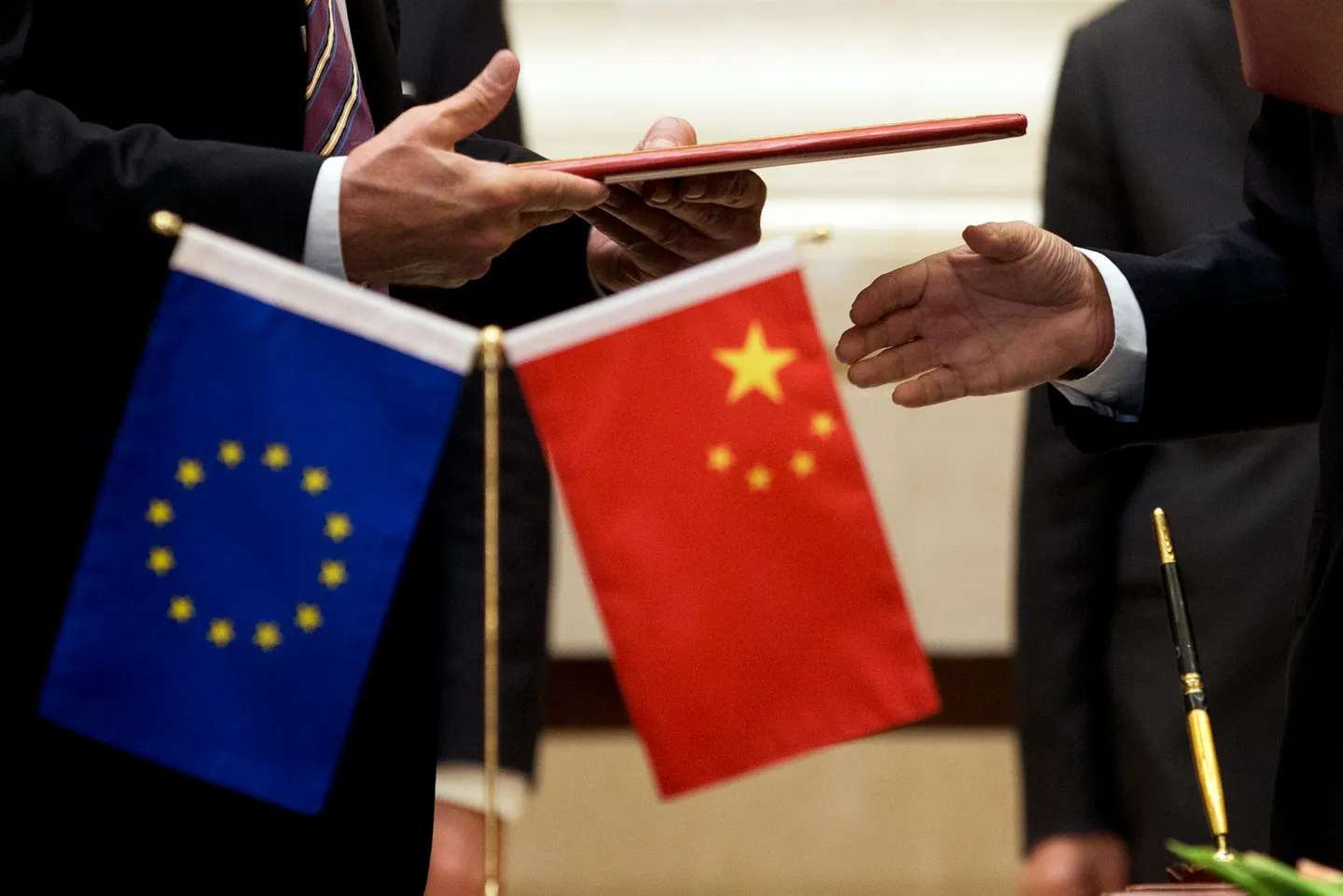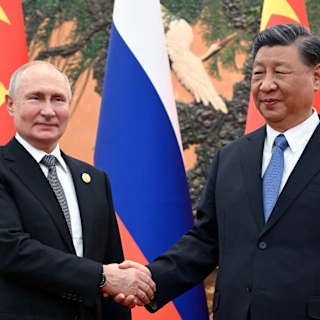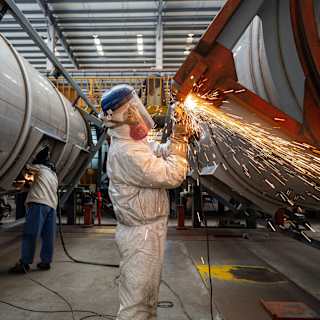- China Strikes Back
- EU's First Strike
- Mounting Trade Tensions
China imposed retaliatory restrictions on European medical device manufacturers Sunday, barring EU-based companies from government procurement contracts exceeding 45 million yuan ($6.3 million) in the latest escalation of a trade dispute that has engulfed the global medical technology sector.
The move by Beijing's Ministry of Finance marks a direct response to the European Union's decision last month to exclude Chinese firms from medical device procurement contracts worth more than €5 million, deepening trade tensions between the world's two largest economies at a time when both face mounting economic pressures.

Starting Sunday, EU companies will be blocked from bidding on Chinese government contracts for surgical instruments, medical machinery, and prosthetics, according to the Ministry of Finance statement12. The restrictions mirror those imposed by Brussels, with Beijing also limiting non-European firms to using no more than 50% EU-origin components in their bids2.
"Regrettably, despite China's goodwill and sincerity, the EU has insisted on going its own way, taking restrictive measures and building new protectionist barriers," China's Ministry of Commerce said in a statement2. The ministry added that "China has no choice but to adopt reciprocal restrictive measures."
Products made by EU-funded companies operating within China remain exempt from the curbs, according to the Commerce Ministry1.
The European Commission adopted its restrictions on June 19, marking the first use of the bloc's International Procurement Instrument, a 2022 law designed to ensure reciprocal market access1. The five-year ban affects Chinese companies bidding on public European contracts worth more than €5 million and caps Chinese-origin components at 50%21.
The EU action followed a commission investigation that found 87% of more than 380,000 Chinese procurement tenders from 2017 to 2024 contained restrictions against foreign medical devices3. The probe focused on China's "Made in China 2025" policy, which mandates government entities to prioritize domestic goods3.
"The Commission has identified measures and practices in the Chinese procurement market that lead to discrimination against EU operators," commission spokesperson Olof Gill said4.
The medical device dispute adds to mounting friction between Beijing and Brussels, which have already clashed over electric vehicle tariffs and brandy duties1. China accounts for 11% of European medical technology exports, while representing 17% of Europe's medical device imports, according to Medtech Europe2.
The restrictions come as Chinese Foreign Minister Wang Yi recently visited EU headquarters, France, and Germany seeking to ease tensions amid a $357.1 billion trade deficit between the EU and China3.



